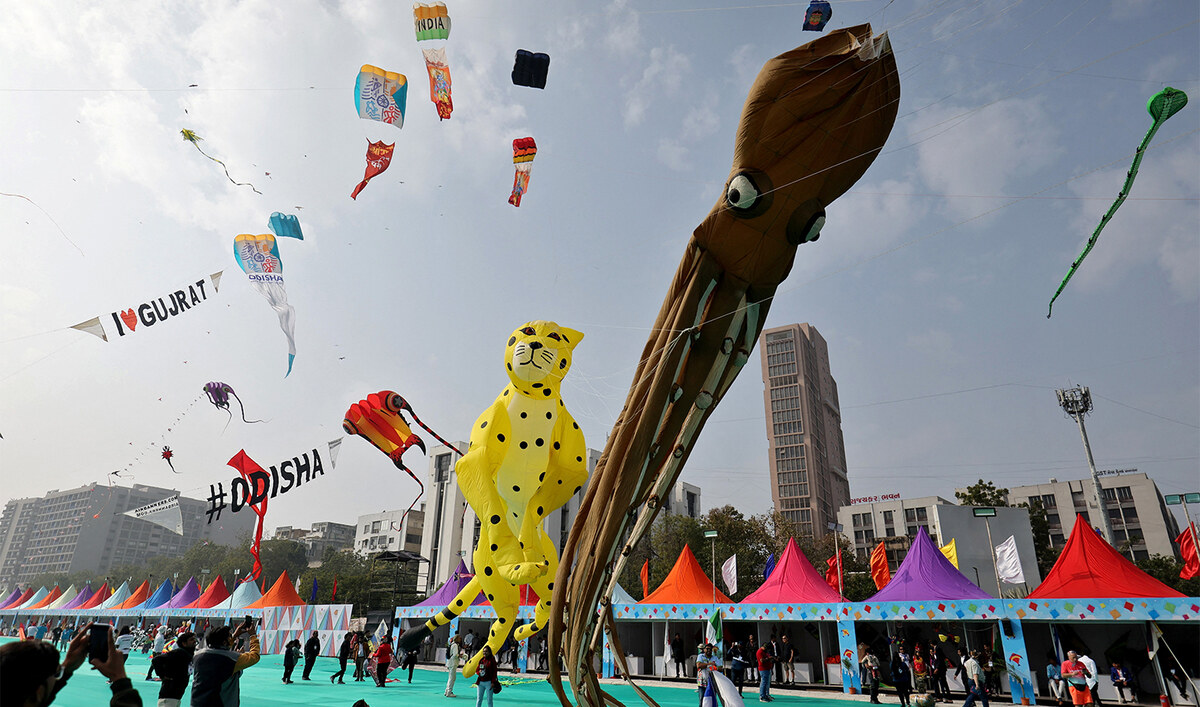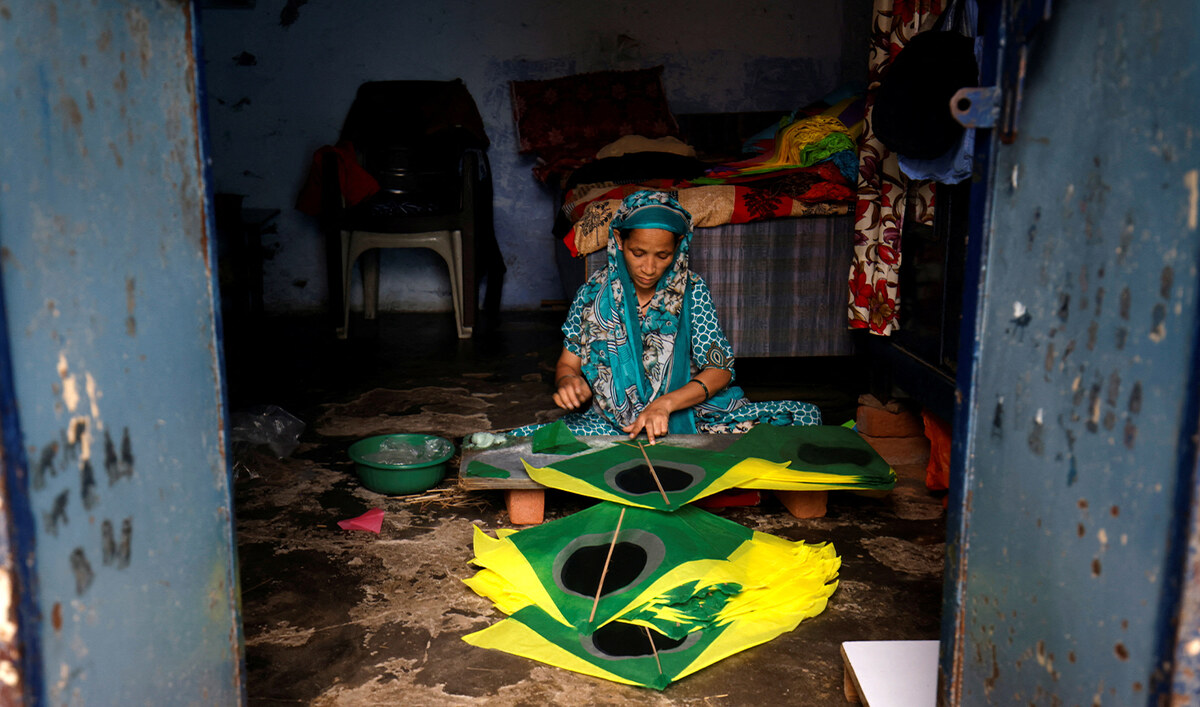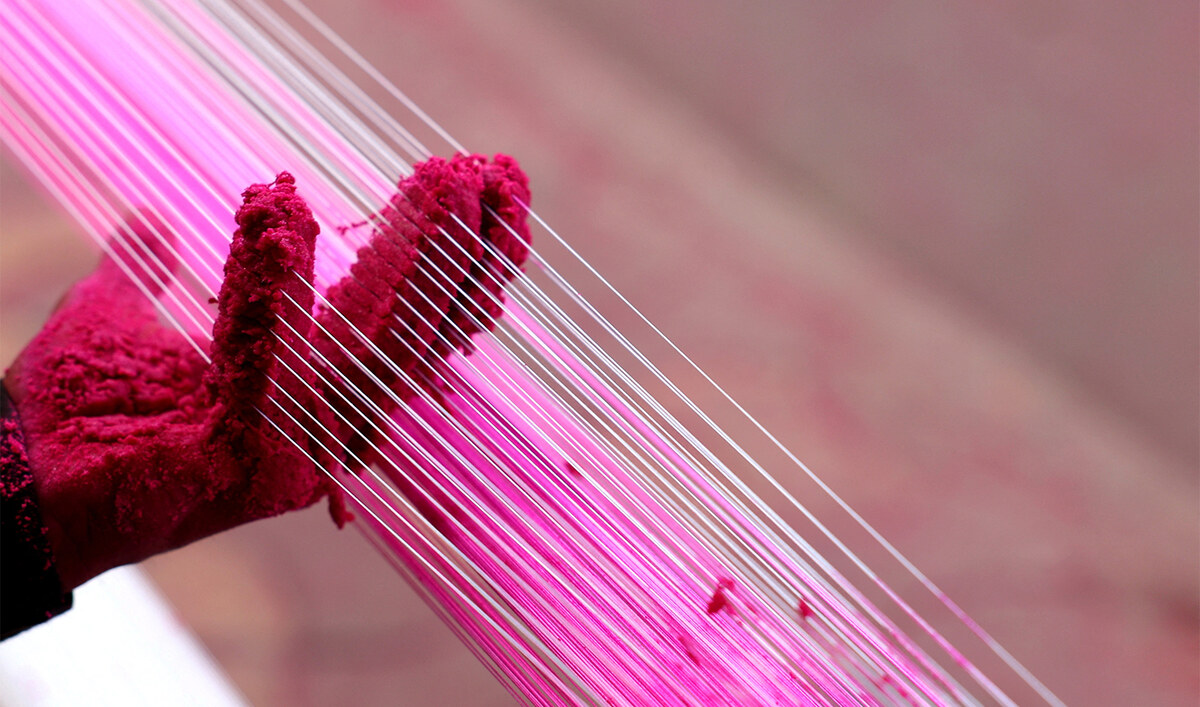CHICAGO: Dr. Jill Stein, the US Green Party’s candidate for November’s presidential election, says Americans are losing “much needed benefits” due to tax money allegedly being redirected to fund Israel’s war in Gaza.
Speaking to The Ray Hanania Radio Show during an episode broadcast on Thursday, Stein accused the mainstream media and the Democrats of trying to block her candidacy to artificially strengthen the candidacy of Democratic Party nominee Kamala Harris.
She also said the US bore responsibility for the violence in Gaza, fueled by the perceived pro-Israel bias in the media and by politicians who received millions in campaign donations from pro-Israel political action committees to support the war.
“In the current case, the US is providing 80 percent of the weapons that are being used to murder women, children, and innocent civilians. We’re also providing money, military support and diplomatic cover and intelligence. So the US has total autonomy here,” she said.
“This is our war. It is really a misnomer in many ways to call this Israel’s war. This is the US’ war. We are in charge of this war and we can stop this war with the blink of an eye,” she added, urging voters not to get talked into “endorsing genocide.”
“There is no more critical of an issue than what’s going on right now in Gaza because this is really normalizing the torture and murder of children on an industrial scale. The destruction of international law and human rights.
“As Gaza goes, eventually we’re all gonna go. If we allow human rights to be systematically torn down and international law, the way it’s being done here, eventually that’s gonna rebound to us because the US has been the dominant power for the last several decades but we are no longer the dominant power economically and militarily.”
Stein said every vote for her candidacy and the Green Party could help bring an end not only to Israel’s war in Gaza but also to other conflicts around the world.
“What’s going on is terrible for the US and it’s terrible for Israel. We are hypocrites. We’re supposedly defending democracy, yet we are throwing candidates off the ballot here in our own country,” she said, referring to recent efforts by the Democratic Party in Montana, Nevada and Wisconsin to remove the Green Party from the ballot over alleged procedural issues.
“We’re also mobilizing Israel’s neighbors against Israel. In the countries that have had peace treaties, some of Israel’s most staunch partners, including Egypt and especially Jordan where there are huge rallies and demonstrations against Israel demanding the end of the peace treaty.”
Stein, who is Jewish American, has openly stated she supported Israel, Palestine, and the two-state solution, but has criticized Israeli Prime Minister Benjamin Netanyahu’s right-wing coalition, calling it “a fascist government” that was engaged in genocide.
She urged voters not to believe the one-sided picture often presented by politicians and the media, insisting that criticism of Israeli policies was “not antisemitism” but legitimate political discourse that must take place to make the US stronger.
“In the long-term interest of everyone in the region, the US and the Netanyahu government need to come into compliance with international law and specifically the rulings of the International Court of Justice,” she said.
“Which means an end to the genocide immediately and then a withdrawal to 1967 borders, which is what this agreement calls for. Withdrawal, an end to the occupation and an end to the ethnic cleansing, which has been going on for a very long time,” she said, referring to the civilian death toll of more than 40,000, according to Gaza’s health ministry.
“To criticize Israel should not be conflated with antisemitism. Zionism and Judaism are very different things. Zionism is a political ideology. It is not the Jewish religion. There are many strong proponents of the Jewish religion who are fierce opponents of Zionism.”
Instead of financing Israel’s military campaigns, Stein said the next US president should “fund solutions” to improve the lives of Americans by addressing affordable healthcare, creating more jobs, improving education for children and strengthening social security for seniors and retirees.
Both the Democrats and Republicans were instead sending US tax money to Israel while depriving public services of the funding they need, she said.
“Half of the Congressional budget is being spent on the endless war machine,” she said, referring to legislation providing $12.5 billion in military aid to Israel, which includes $3.8 billion from a bill in March and $8.7 billion from a supplemental appropriations act in April.
Although this is in no way half of the Congressional budget, which is worth $6.8 trillion, Stein said the outlay nonetheless meant “we are not meeting the emergencies that we have on healthcare, housing, education and the environment.”
“So this is a disaster for every American, and it’s really important that we not be talked into drinking the Kool-Aid,” she said, using a term that means having a cult-like faith in a dangerous idea because of wrongly perceived rewards.
Stein, who ran for the presidency in 2012 and 2016, said she was again putting her name on the ballot because she was concerned about the problems that Americans were facing, which she believes neither of the two main parties are addressing.
Americans “need a new political option that is in the public interest,” she said, insisting the Green Party offered a greater focus on American needs than either the Republicans or the Democrats.
On the same episode of The Ray Hanania Radio Show, in an interview recorded a couple of days earlier, former Chicago Congressman Bill Lipinski — who represented one of the largest concentrations of Arab and Muslim voters in the US — said American voters should not take the role of third-party candidates like Stein for granted.
Although it is extremely difficult for a third-party candidate to break the two-party system and win a presidential election, Lipinski said they could have a disproportionate impact on the outcome, particularly in swing states where every vote counted.
Given today’s polarized, emotion-driven politics, Lipinski said the US election system should be changed to better accommodate third-party candidates.
“At times I would like to see a third party. There are other times when I think (it is better having just) two parties. In another time in another place, two parties were sufficient. Today, I don’t believe that’s the case,” he said.
“Today I would really like to see a third party because, unfortunately, the Republicans are controlled to a great extent nowadays by their extreme right wing, the Democrats by their extreme left wing. That’s not good for the parties. Nor is it good for the country.”
The Green Party has run candidates in several presidential elections, often making a significant impact on the final outcome. Ralph Nader, the party’s candidate in the 2000 poll, drew votes away from Democratic Vice President Al Gore, contributing to his loss to Republican George W. Bush.
When Stein ran as the Green Party candidate in 2016, she drew significant support away from Democrat Hillary Clinton, who lost to Republican Donald Trump.
To those who might argue that a vote for the Green Party means splitting the progressive vote, making it easier for the Republicans to succeed, Stein insisted that neither the Democrats or Republicans “own those votes.”
“They don’t belong to parties. They belong to people.”
You can listen to the full interview with US presidential candidate Jill Stein and former US Congressman Bill Lipinski online at ArabNews.com/RayRadioShow.


























